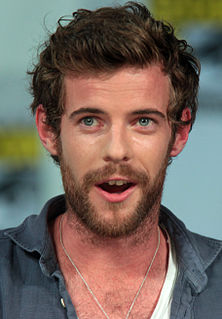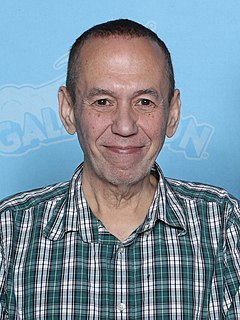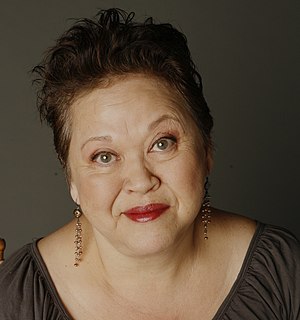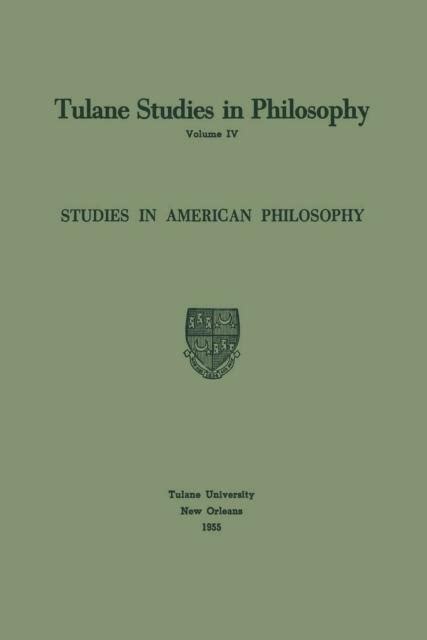A Quote by Charles Scott Sherrington
Each waking day is a stage dominated for good or ill, comedy, farce, or tragedy, by a dramatis personae, the 'self', and so it will be until the curtain drops.
Related Quotes
For the fiction students I teach, one of the most common mistakes is to start in the wrong place. Often the actual story doesn't begin until about a third of the way into their narratives. They start off instead with excessive scene-setting, metaphysical speculation, introducing nonessential dramatis personae, throat-clearing, etc.
I have always felt comedy and tragedy are roommates. If you look up comedy and tragedy, you will find a very old picture of two masks. One mask is tragedy. It looks like it's crying. The other mask is comedy. It looks like it's laughing. Nowadays, we would say, 'How tasteless and insensitive. A comedy mask is laughing at a tragedy mask.'
I have always felt comedy and tragedy are roommates. If you look up comedy and tragedy, you will find a very old picture of two masks. One mask is tragedy. It looks like its crying. The other mask is comedy. It looks like its laughing. Nowadays, we would say, How tasteless and insensitive. A comedy mask is laughing at a tragedy mask.
As Karl Marx once noted: 'Hegel remarks somewhere that all great, world-historical facts and personages occur, as it were, twice. He forgot to add: the first time as tragedy, the second as farce.' William Jennings Bryan and the Scopes trial was a tragedy. The creationists and intelligent design theorists are a farce.
The myriad-minded man, our, and all men's, Shakespeare, has in this piece presented us with a legitimate farce in exactest consonance with the philosophical principles and character of farce, as distinguished from comedy and from entertainments. A proper farce is mainly distinguished from comedy by the licence allowed, and even required, in the fable, in order to produce strange and laughable situations. The story need not be probable, it is enough that it is possible.
To think that the woman is dominated by man or man is dominated by woman comes from a kind of a complex and this complex must be given up. You are complimentary to each other. You decorate each other. Never talk ill of your husbands and never talk ill of your wives. This is the key of having an exclusive married life.
Comedy is an intellectual affair, and deals chiefly with logic. Tragedy is an emotional affair, and deals chiefly with value. Horace Walpole once said that "life is a comedy to the man who thinks and a tragedy to the man who feels." Comedy is negative; it is a criticism of limitations and an unwillingness to accept them. Tragedy is positive; it is an uncritical acceptance of the positive content of that which is delimited. Since comedy deals with the limitations of actual situations and tragedy with their positive content, comedy must ridicule and tragedy must endorse.



































